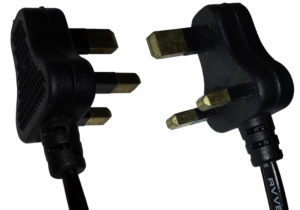There are 15 different electrical outlet plugs commonly used for connecting appliances to the domestic mains supply (https://www.worldstandards.eu/electricity/plugs-and-sockets).
When it comes to smaller electrical appliances, non-captive cables are often chosen by the manufacturer, allowing them to bundle the cable-with-mains-plug appropriate to the region.
The three most common (see IEC Connectors) are:
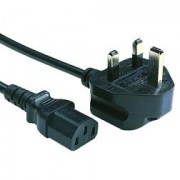
C13 line socket
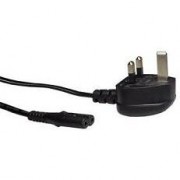
C7 line socket
(“figure of eight lead”)

C5 line socket
(“cloverleaf” or “mickey mouse”)
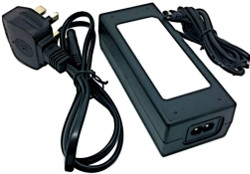
When a separate power supply unit (PSU) is incorporated (typically with a universal input voltage), a non-captive cable is often still used.
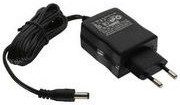
But for plug transformers (“wall-warts”), where the plug is part of the PSU itself, you cannot simply chop-off the mains plug and wire-on a suitable replacement.
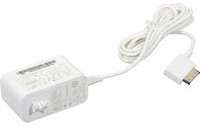
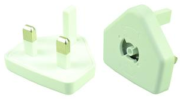
Some manufacturers address this issue using “plug plates” (replaceable pins) – these are especially common on phone chargers.
But sometimes not all regions may be catered for. We have noticed a trend for manufacturers to provide an EU standard plug, but not a UK one (perhaps the market is not large enough to warrant the additional expense?). A reseller may rely on bundling an adaptor, rather than a conversion plug which meets BS 1363-5:2008 and cannot be removed without a tool. Note that 2-pin flat Europlugs do not have an earth, so are only suitable for low power (less than 2.5 amps) double-insulated class II appliances.
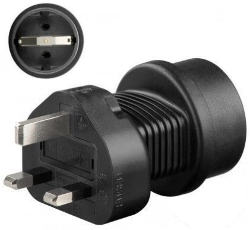
Adaptor
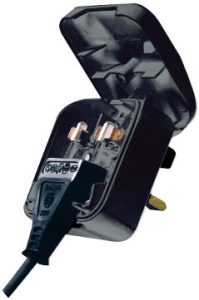
Converter
For retail sales to the domestic market, UK law The Plugs and Sockets etc. (Safety) Regulations 1994 insists that a BS1363 plug (Type G) must be fitted, or a converter (but not an adaptor, except in the case of plug transformers to which a converter could not physically be attached anyway) must be added. The plug or converter must contain a fuse.
There appears to be a bit of a loophole: plug transformers are excluded from the 1994 regulations (schedule 3, relevant to regulation 11 of Part II), presumably because the in-built transformer probably contains its own thermal fuse. Therefore it is not mandatory for the reseller to provide a suitable converter (or even adaptor) with plug transformer powered appliances, although when pushed most retailers will provide an adaptor (since without the adaptor the product cannot reasonably be deemed “fit for purpose” under normal UK consumer law).
Finding a complete replacement PSU with correct regional mains pins can be tricky – even if voltage and current ratings are given, manufacturers often do not state the size of the low-voltage plug-end that connects to the appliance (and may not give the polarity of a barrel tip). It is possible to measure these things, as long as you have a working unit in front of you – a luxury which resellers in a drop-shipping supply environment often do not have.
[Addendum, December 2019] Watch out for un-fused 3-pin “UK” plugs which are sometimes fitted by Chinese exporters – although neat and compact they do not protect the cable from current overload and are not legal in the UK.

